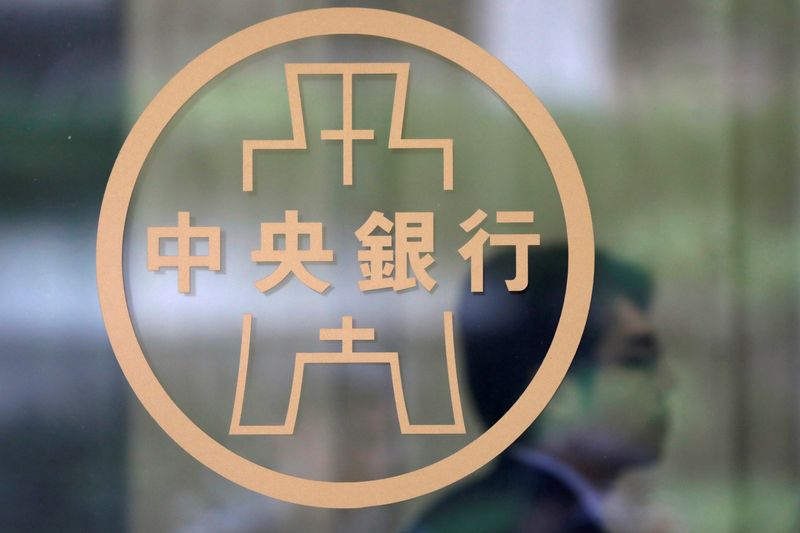TAIPEI (Reuters) -The head of Taiwan's central bank said on Wednesday that external demand momentum will slow next year and an expansionary fiscal policy should be adopted to stimulate domestic demand.
The central bank will also adopt an appropriate monetary policy in a timely manner, but Taiwan should not be guided by the U.S. Federal Reserve's monetary policy structure and decision-making, governor Yang Chin-long told a forum.
Taiwan's export-reliant economy has been supported by a global shortage of semiconductors that has filled the order books of the island's chip-makers. But exports have begun loosing steam on flagging consumer demand in major markets China, the United States and Europe.
While the economy last year grew 6.45%, the fastest since it expanded 10.25% in 2010, it is expected to grow more slowly this year, hit by COVID-19 lockdowns in China and the impact of the war in Ukraine.
Taiwan's statistics agency last month lowered its gross domestic product forecast for 2022 to 3.76%, down from a 3.91% growth forecast in May, and trimmed its export outlook for the year.
Yang, in comments published on the central bank's website, said this year and next, Taiwan's economic growth would slow, but compared with major economies, it would remain "steady", adding that inflation next year should fall back to less than 2%.

But Taiwan's economy is different to that of the United States, as are their monetary policy considerations, so the central bank should not be guided by the U.S. Federal Reserves' policy structure, he said.
Taiwan's central bank will hold its next quarterly rate-setting meeting on Sept. 22. It raised the policy rate by 12.5 basis points to 1.5% at its last meeting, in June.